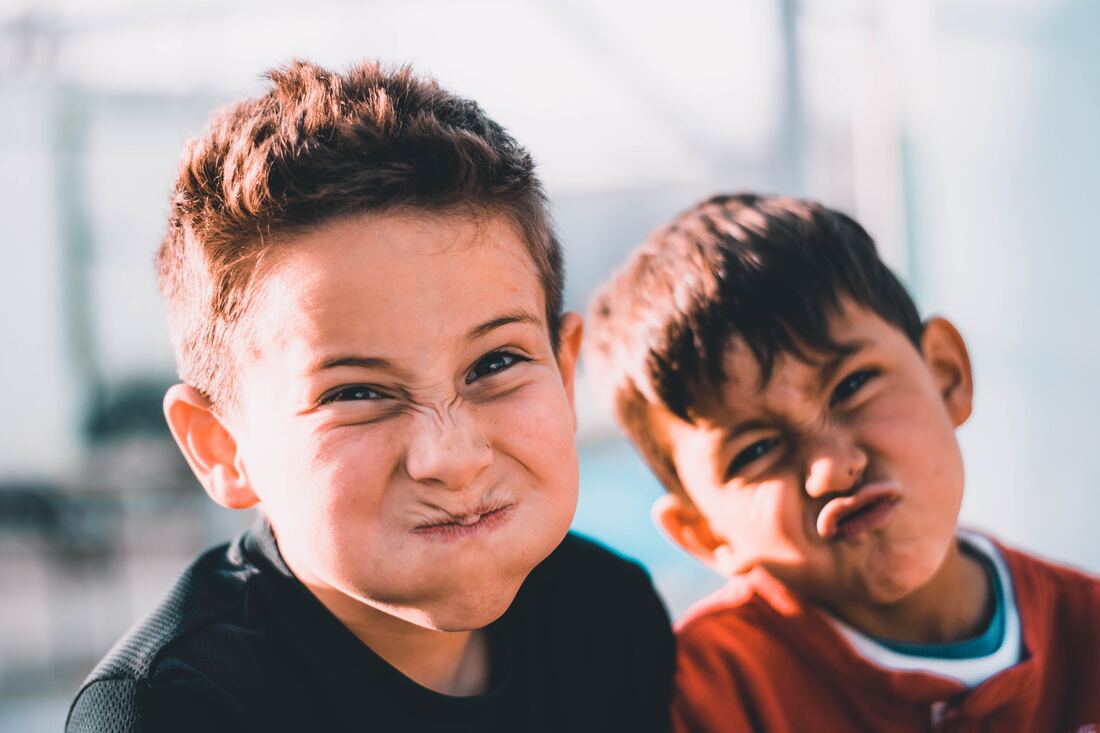|
At times we will all be confronted with difficult social situations where someone is saying something we find challenging. This may be saying unkind or inappropriate things about a friend or acquaintance or may be statements contrary to our own beliefs. Many people find these situations awkward and uncomfortable. Young people are developing the skills to effectively manage these kinds of scenarios and may need some help to do this.
There are three commonly used but less useful/functional reactions to difficult social interactions, these are:
Better ways of managing difficult social interactions are: Consciously deciding that the incident is not worth your time or effort to deal with and to ignore it or walk away from it. The difference between this and being passive is that this is a considered decision rather than simply allowing someone to do something to you. Another option is to choose to act assertively. Whilst this can be difficult to do at times it may be the best choice. Acting assertively means to state your needs/thoughts in a calm, non-threatening way. Young people may need help to think through these options and it may be helpful to practice in advance, so you are more confident of saying what you want to say. People who may be able to help with this are class teachers, counsellors, school deans, parents or more socially confident peers.
0 Comments
One aspect of bullying in schools is the impact of bystanders. Given how busy and well populated most schools are it is often the case that bullying incidents take place in front of witnesses or bystanders.
What is really important for parents and educators to understand is that there is a well known phenomenon in social psychology called bystander effect. Essentially this is the typical human response or non response to an individual in trouble. If you are interested in the history of this check this link, https://psychology.iresearchnet.com/social-psychology/prosocial-behavior/bystander-effect/ which is a summary of the history of this phenomenon. Typically, what the researchers found is that as soon as there is more than one person witnessing a problematic situation they are less likely to respond to it than if it was just one individual witnessing the event. While the research confirms that it is very difficult to overcome this response in the general public, there is some evidence that children can learn to manage this impulse better if they are given some support. There are three main strategies recommended.
So as parents how can you use this information to support your child. Take some time at your next family dinner or on a car ride to tell your children what you expect them to do if they see someone being bullied. It’s really important to talk about likely scenarios so that they know how to act without putting themselves at risk. Responses may range from quickly finding an adult, to telling a peer that it’s not OK to do what they are doing at the time of the event. When opportunities arise for us as parents to demonstrate what we would like our children to do ensure you take them and then explain to our children why and what the hoped for impact was. If you haven’t had the opportunity to do this you can always set up a practice session. Ask your child to tell you about what they may consider a typical situation and then have them practice with you what they might do. Of key importance is that adults only demonstrate the undesirable behaviour. We don't want our kids practicing what not to do! Sounds awkward I know but there is plenty of research evidence that shows that practicing a behaviour leads to children doing the behaviour when the situation arises in real life. The final point, environmental cues is perhaps more directly suited to schools but at home this can also apply at home. Support school initiatives such as pink shirt day, show your children this article and talk about your expectations in terms of their behaviour. New Zealand has a problem with bullying behaviour but there are plenty of small and simple things we can do to change this. |
AuthorRobyn Stead, Child Psychologist and Educator, lives and works in central Auckland. Archives
March 2022
Categories
All
|



 RSS Feed
RSS Feed
